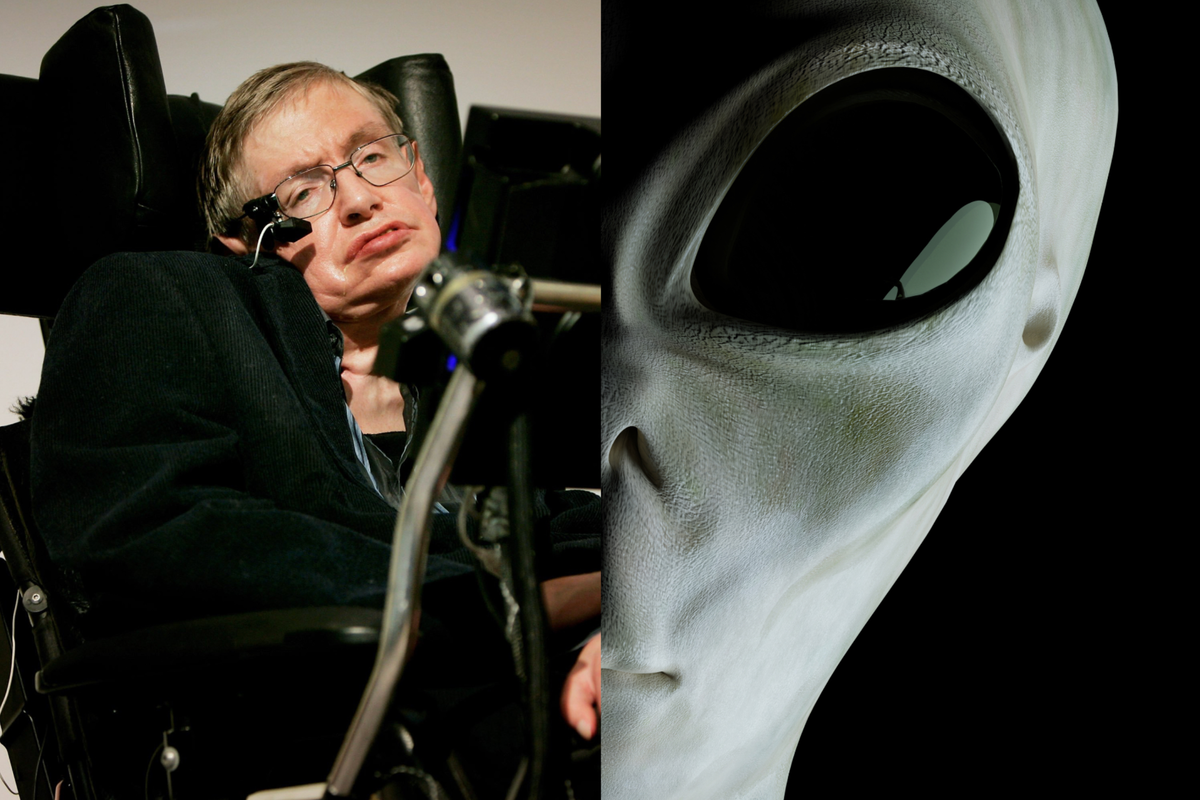News
Greg Evans
Apr 15, 2018

Picture:
Getty Images/iStockphoto
If you've ever had to work behind a desk for a living you'll be more than aware of how surprisingly uncomfortable sitting in a chair for hours on end can be.
You can often feel riddled with aches and pains and hardly alive and kicking.

Well, a new study from the University of California, Los Angeles has confirmed what many may have already suspected; spending all day in a chair is not good for your health.
The study, which has been published by Plos saw 35 people, aged between 45 and 65 undergo a brain scan that specifically looked at the area of the brain called the medial temporal lobe, which is crucial for forming memories.
They were also asked about how many hours they had spent sitting down during the previous week. Of the people who were analysed, they found that those who spent the most ours in a chair had thinner brain structures.
In their conclusion, they determined that sedentary behaviour could increase the risk of dementia and cognitive decline in later life, but could not be sure if sitting in a chair was entirely responsible for the thinning.
A sedentary lifestyle has already been linked to heart disease, diabetes and bowel cancer.
The researchers believe that physical activity might be the best way to prevent Alzheimer's disease, but did add that a better way to understand this information would be to study younger adults.
The authors of the study write:
An important extension of this study would be to explore MTL structures in healthy younger adults, as an example of universal or primary prevention as opposed to our secondary prevention study of those at-risk individuals with minimally detectable symptoms
They also add that the information provided by the study is limited due to the small pool of people that took part.
Therefore, they intend to conduct further studies in an effort to combat the lack of physical activity in many people's lives.
They add:
In this preliminary study of middle-aged and older adults, self-reported hours per day spent sitting, but not physical activity level was associated with less thickness in the MTL substructures.
These findings are novel and require further exploration in longitudinal studies and analysis of mediating mechanisms.
Better understanding the effects of sedentary behaviour on our brains is important given the global epidemic of physical inactivity and sedentary lifestyles.
HT Live Science
More: This diet could be better for your brain than exercise
Top 100
The Conversation (0)












